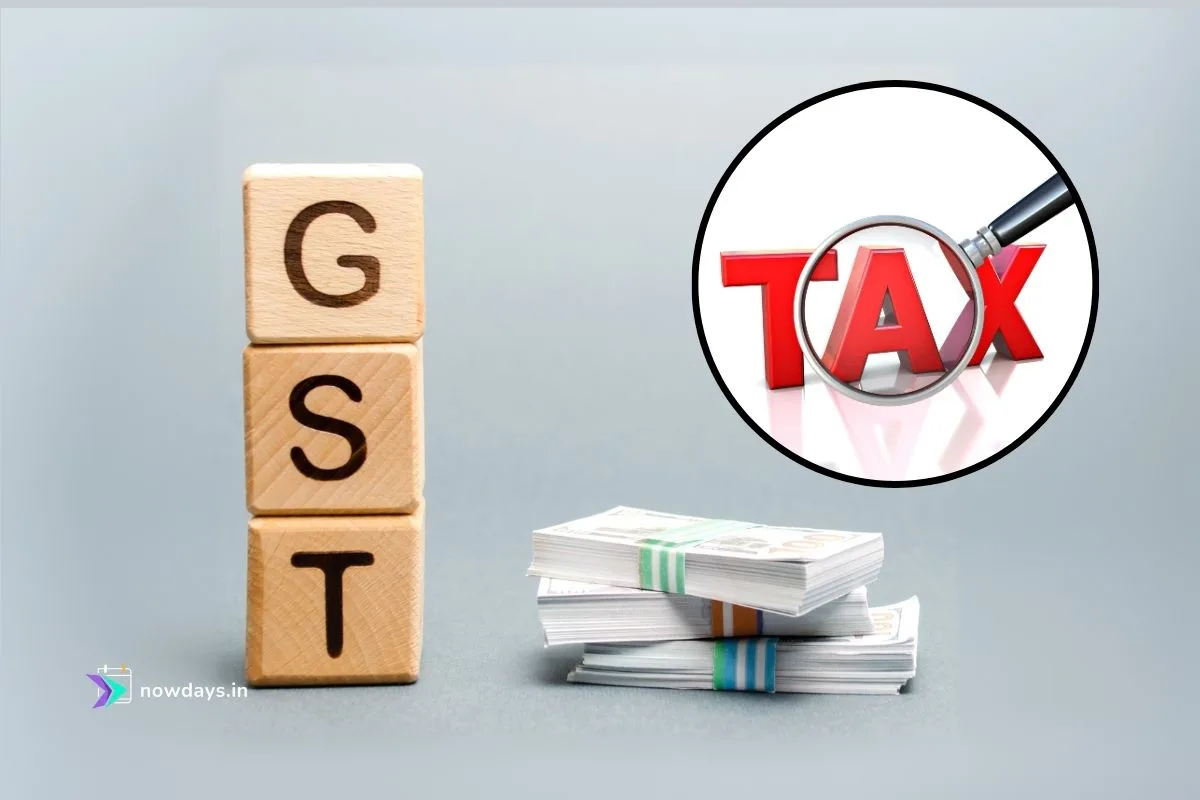No—the Supreme Court has not blocked “good petrol”; it has dismissed a petition seeking ethanol‑free options and labelling, effectively upholding the nationwide rollout of E20 petrol under the Centre’s ethanol blending programme. The bench led by Chief Justice BR Gavai refused to entertain the PIL, leaving the policy choice to the executive while the government argued E20 supports farmers, energy security, and emissions goals.
What was decided
#BREAKING 🚨 | Supreme Court dismisses plea against Centre’s E20 petrol policy.
— Nowdays (@nowdays_x) September 1, 2025
From 2025, your tank isn’t just fuelled with petrol — it’s 20% ethanol too. ⛽️🍃 Cleaner fuel or costlier ride? #E20 #EthanolScam #NitinGadkari #E20Scam #E20fuel pic.twitter.com/lrHVaYbHtY
A bench of Chief Justice BR Gavai and Justice K Vinod Chandran dismissed a PIL that challenged the rollout of petrol with 20% ethanol (E20) and sought a direction to ensure ethanol‑free fuel availability alongside clear pump labelling and consumer advisories. With the plea rejected, the programme mandating E20 sale continues unchanged as part of India’s biofuel strategy.
What the plea argued
The petitioner contended that many vehicles—especially those built before April 2023—are not designed for E20, risking efficiency losses and component wear, and sought the option of ethanol‑free petrol (E0/E10) with transparent labelling at pumps. The plea cited concerns including reported mileage drops and compatibility gaps for older fleet segments, and asked for a nationwide study on mechanical degradation and efficiency loss in non‑compliant vehicles.
Indian Government hired Social influencers to spread propaganda on Ethanol blended petrol(E20): SC Backs E20: Why Your Petrol Will Never Be the Same AgainGovernment’s stance
The Centre opposed the plea, maintaining that E20 benefits sugarcane farmers, saves foreign exchange by substituting oil imports, and advances climate commitments, and therefore should not be judicially stalled. Official statements and briefings emphasize biofuels as “bridge fuels,” claiming large cumulative forex savings, emissions reductions, and farmer payments alongside manageable performance impacts when vehicles are appropriately calibrated.
Court’s reasoning in brief
By refusing to intervene, the Court effectively treated E20 blending as a policy matter within the executive’s remit, noting the government’s submissions on socio‑economic and environmental benefits. The order leaves it to regulators and ministries to address consumer disclosures, compatibility communication, and any transitional measures during the rollout.
Biker’s Viral Reel Answers Gadkari’s E20 Challenge, Exposing Fuel’s ‘Damaging’ Effects: SC Backs E20: Why Your Petrol Will Never Be the Same AgainWhat experts and studies say
NITI Aayog’s 2021 roadmap anticipated a mileage drop—about 6–7% for four‑wheelers calibrated for E0 and 3–4% for two‑wheelers—unless engines are modified or tuned for higher ethanol blends, and suggested pricing or tax measures to offset lower calorific value perceptions. ARAI‑IOCL‑SIAM evaluations reported vehicles tested on E20 performed satisfactorily, with a 2–6% increase in fuel consumption, and highlighted that material compatibility issues were manageable in accelerated tests with no field abnormalities observed.
Compatibility and warranties
Industry has moved in phases: SIAM signalled material‑compliant vehicles from April 2023 and E20‑tuned engines from April 2025, aligning with policy timelines. Recent industry‑government messaging indicates manufacturers affirming warranty validity on E20 within specified cohorts, with several brands stating material compatibility from 2020–2021 vintages and E20 use without durability impact for those lines, while fully E20‑tuned engines phase in from 2025.
Consumer impact
Media reports and user accounts describe 2–6% mileage drops linked to E20 in non‑E20‑tuned vehicles, consistent with technical literature on ethanol’s lower energy density per unit volume, though driving conditions and maintenance also matter. Government communications counter that efficiency loss is marginal and outweighed by benefits such as higher octane, improved acceleration, and emissions cuts, pending tuning and lab validation outcomes.
Why this matters
Upholding E20 keeps India’s 2025 target on track, aiming to cut oil imports, reduce carbon intensity, and direct fuel spend towards rural incomes in the sugar/ethanol economy. The decision also signals judicial deference to energy transition policy while putting the onus on ministries and industry to improve consumer transparency on blends and compatibility.
Minister Gadkari Defends E20 Petrol, Challenges Critics: SC Backs E20: Why Your Petrol Will Never Be the Same AgainThe claim vs the facts
The provocative claim that the Court “does not want good petrol” mischaracterizes the ruling; the Court declined to mandate ethanol‑free options and labelling via PIL, not the quality of fuel itself, which remains regulated under standards and overseen by sectoral bodies. The core dispute is about consumer choice and transition management during E20 rollout, not a judicial endorsement of inferior fuel quality.
Comparison at a glance
| Stakeholder | Position | Key point |
|---|---|---|
| Petitioner | Sought ethanol‑free option and mandatory labelling, citing compatibility and mileage concerns for older vehicles | Argued many vehicles pre‑Apr 2023 not E20‑ready; wanted options and disclosures |
| Government | Defended E20 as pro‑farmer, pro‑forex, and pro‑climate, urging no judicial interference | Claims marginal efficiency impact and broader benefits, backed by studies |
| Court | Dismissed the PIL, leaving policy decisions to the executive | Programme continues; operational refinements remain administrative |
Fact points
- The Supreme Court dismissed the PIL challenging E20 rollout and the request for ethanol‑free options and mandatory labelling.
- The petitioner cited the 2021 NITI Aayog roadmap indicating a 6–7% mileage drop for four‑wheelers on E20 unless engines are modified or tuned.
- Government communications claim large forex savings, emissions reductions, and farmer income gains from ethanol blending over the past decade.
- ARAI‑IOCL‑SIAM tests found vehicles ran satisfactorily on E20 with 2–6% higher fuel consumption, and manageable material compatibility outcomes.
- SIAM aligned industry timelines to material‑compliant vehicles from April 2023 and E20‑tuned engines from April 2025.
The road ahead
Expect continued expansion of E20 availability, phased E20‑tuned engines from OEMs, and clearer public communications on blend labelling and compatibility as scrutiny rises post‑verdict. Parallel policy discussion may evolve around pricing signals and consumer disclosures to smooth the transition, consistent with NITI Aayog guidance on acceptability of higher blends.








